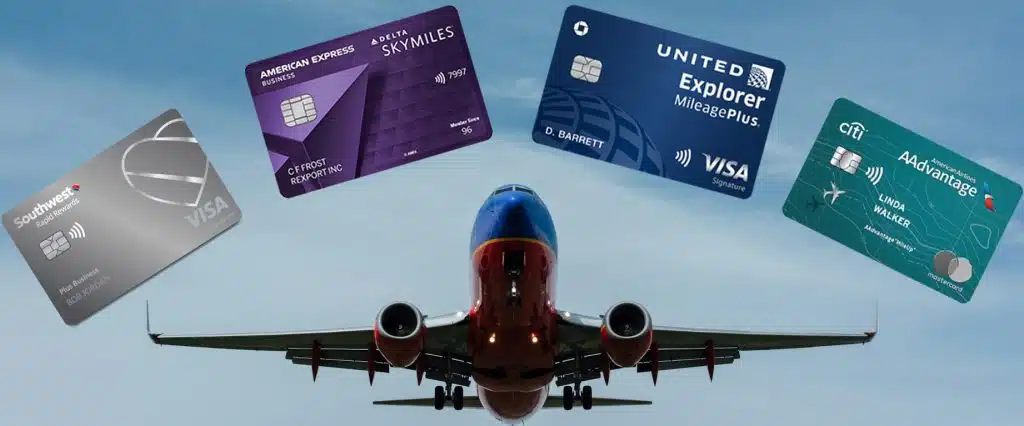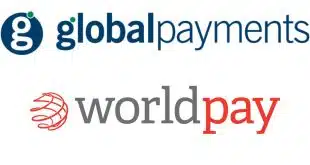The U.S. Department of Transportation is looking into airline rewards programs with an eye on protecting consumers from potential unfair, deceptive, or anticompetitive practices, the department says. Many consumers use cobranded airline credit cards to earn points in these programs, though the DOT’s focus is on rewards, not on card-issuing practices.
Four airlines—American Airlines, Delta Air Lines, Southwest Airlines, and United Airlines—have been ordered to provide records and reports about their rewards programs, practices, and policies. The DOT says its focus is on “ways consumers participating in airline rewards programs are impacted by the devaluation of earned rewards, hidden or dynamic pricing, extra fees, and reduced competition and choice.”
In addition to earning points for travel, consumers also can earn rewards points when booking hotels and cars via an airline’s site. Using an airline’s cobranded credit card also is popular. Citibank issues the American Airlines card while JPMorgan Chase Bank issues the United and Southwest credit cards. American Express Co. issues Delta’s card.

A report from TD Securities, a subsidiary of TD Bank, says in a May report that the cobranded card program for one unidentified airline contributed $6.8 billion to the air carrier’s 2023 revenue. “Consumers who are members of the airline loyalty programs and hold the airline’s credit card are the most loyal customers. They generally go out of their way to keep flying on the airline and tend to purchase premium economy or business class tickets. Airlines reward loyalty based on dollars spent on the airline as well as miles flown,” TD Securities says.
“These programs bring real value to consumers, with families often counting on airline rewards to fund a vacation or to pay for a trip to visit loved ones. But unlike a traditional savings account, these rewards are controlled by a company that can unilaterally change their value. Our goal is to ensure consumers are getting the value that was promised to them, which means validating that these programs are transparent and fair,” U.S. Transportation Secretary Pete Buttigieg says in a statement.
Southwest, according to a NerdWallet analysis this summer, has a rewards-point valuation of 1.5 cents, the same as in 2022, but down from 1.6 cents in 2021. Delta’s SkyMiles’ valuation was 1.2 cents in 2023, down from 1.5 cents in 2022 and from 1.3 cents in 2021.
The DOT is specifically looking into the valuation of earned rewards. It wants the four airlines to describe each change they’ve made to their rewards program over the past six years, how these changes affected existing points and status, and the options offered to members to avoid losing any value or benefits they had already earned.
It also wants to know how pricing practices may shroud the true dollar value of rewards and the practices related to dynamic pricing. Descriptions of each fee associated with a rewards program also must be disclosed. Lastly, the DOT wants documentation on how rewards programs have been integrated and managed following a merger.





